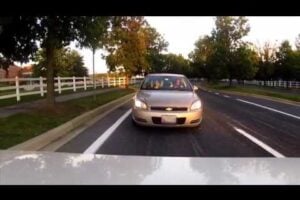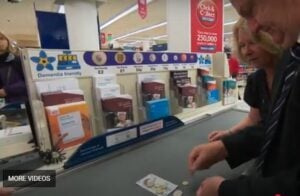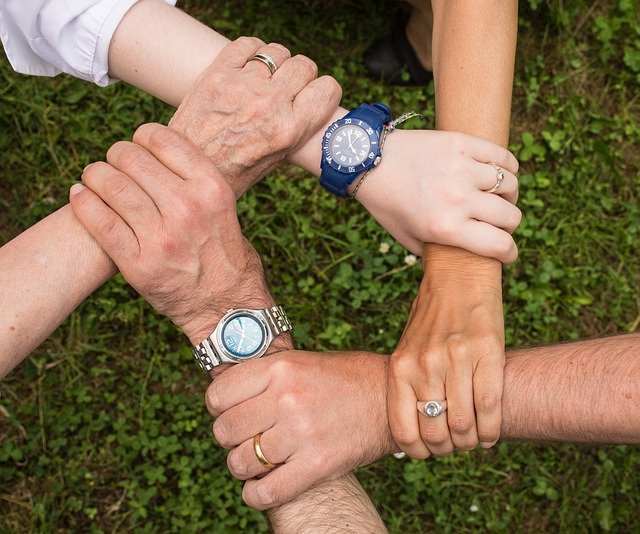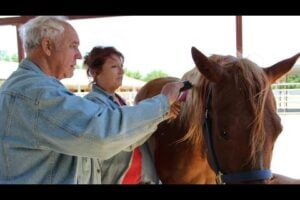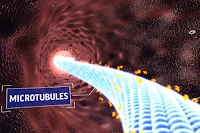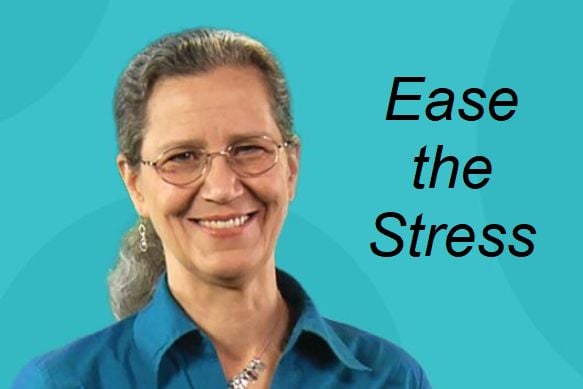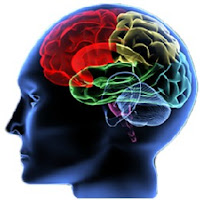A UCSF telecare program that improves outcomes for patients with dementia and lightens the load for unpaid caregivers also has the surprising bonus effect of cutting Medicare costs, according to UC San Francisco research.
In the study, published in JAMA Internal Medicine on Sept. 18, 2023, researchers, led by UCSF, compared the Medicare costs of 780 patients with dementia. The patients were randomized 2:1 to receive Care Ecosystem support – which included medical and practical assistance – or their usual care for a 12-month period. Both groups were similar in age, severity of dementia and other illnesses, as well as age of the caregiver, who was typically a spouse or adult child.
The researchers found that the average monthly Medicare cost, per patient, for those in the Care Ecosystem was $526 lower than for those receiving usual care.
Starting July 2024, the UCSF telecare program, together with similar initiatives, will be available to patients with dementia living at home or in an assisted living facility, who are covered by Medicare fee-for-service or have dual Medicare and Medicaid eligibility.
The Care Ecosystem model was designed to help address the unmet needs of persons with dementia and their caregivers, with telecare pivotal to the program’s success.
Navigators help with meds, transportation, daycare, respite
The Care Ecosystem was implemented by UCSF in 2014 and has since been replicated by more than 25 organizations, including health systems, specialty practices and community-based groups.
The program connects patients and caregivers with a navigator, who serves as the central hub, and helps to troubleshoot issues as they arise by conveying instructions from clinicians and other experts. Navigators deal with issues as diverse as medication and symptom management, daycare placement, respite care, transportation and home safety hacks.
The study follows a July 31, 2023 announcement by the Centers for Medicare and Medicaid Services of GUIDE, a payment model that will provide funding to UCSF and other institutions offering similar telecare services.
By the time GUIDE is launched, it is expected that more than 100 health organizations will provide these services.
GUIDE has the potential to transform the lives of a significant percentage of the 6 million Americans living with dementia as well as the 11 million family members and friends who provide unpaid care, said senior author Katherine Possin, PhD, of the UCSF Department of Neurology, and co-founder of the Care Ecosystem.
“The challenges of providing constant support to patients with dementia can take a heavy emotional, physical and financial toll on unpaid caregivers. This program will enable the caregiver system to shift from crisis-oriented to proactive,” said Possin, who is also affiliated with the UCSF Weill Institute for Neurosciences and the Global Brain Health Institute.
Caregiver depression rates dropped dramatically
“The patients most likely to benefit from the Care Ecosystem are those with moderate-to-severe dementia and those who have caregivers suffering from caregiver depression,” said first author Elan Guterman, MD, of the UCSF Department of Neurology and the Philip R. Lee Institute for Health Policy Studies.
“Our research has shown that meeting with a navigator and their associated clinical team led to considerable savings, likely from averting unnecessary visits to the ER,” she noted.
“Patients who visited the ER more frequently were also more likely to benefit from working with a navigator,” she added.
For those patients who do not have a caregiver, the navigator will help identify a family member or friend willing to participate in the program. The navigator may help set up a conservatorship or assist with a long-term living placement if required.
The study follows previous research by UCSF that found that the percentage of caregivers in the Care Ecosystem program with moderate-to-severe depression dropped from 13.4% to 7.9% over the course of a year, versus an upswing in depression among caregivers in the usual care cohort. Additionally, quality of life for patients in the Care Ecosystem was ranked higher, according to this research.
Possin said that she hopes the Care Ecosystem, and the other programs covered by GUIDE, will ignite hope for patients with dementia and their families.
While the new medications for Alzheimer’s disease represent a promising advance for patients in the earliest stages, “care navigation will improve quality of life for people with dementia and their caregivers across all stages of disease,” she said. “And these benefits come without side effects or other burdens.”
What is the Care Ecosystem?
The Care Ecosystem is a model of dementia care designed to provide personalized, cost-efficient care for persons with dementia (PWD) and their caregivers. This telephone and web-based intervention was developed and studied across California, Nebraska and Iowa via an award from the Center for Medicare and Medicaid Innovation (CMMI grant number 1C1CMS331346) from 2014–2018 and funding from the National Institute for Health (NIH/NIA grant number R01 AG056715) from 2017–2022. The Care Ecosystem is currently being tested in a pragmatic clinical trial across six health systems (NIH/NIA grant number R01 AG074710-01 from 2022–2024).
The Care Ecosystem model includes:
- Care team navigators (CTNs)
- Clinicians with dementia expertise (nurse, pharmacist, social worker)
- Care protocols
- Curated information and resources
The CTN is the main point of contact for patients and caregivers in the Care Ecosystem. They are unlicensed yet trained to screen for dementia-related needs and provide support and information. Their work is guided by care protocols and they are supported and supervised by a clinician (nurse or social worker).
Who is the Care Ecosystem for?
The Care Ecosystem was designed to enable health systems, clinics and community organizations to provide dementia-capable care to the growing population affected by dementia and their caregivers.
The Care Ecosystem Toolkit includes:
- Care protocols
- Educational materials
- Staffing considerations
- Billing mechanisms to guide sustaining the Care Ecosystem
- Free Care Ecosystem self-paced online training course on the Canvas Network (you can also join using code R9B67G)
The Toolkit
This toolkit provides an overview of the Care Ecosystem model and how to implement it in your institution.
How Can the Care Ecosystem Toolkit be Used?
The Care Ecosystem materials are protected under a Creative Commons license that requires attribution whenever they are used. Materials may be copied, redistributed and adapted. However, appropriate credit must be given as follows: any publications or public presentations stemming from the use of the Care Ecosystem model or materials must credit the Care Ecosystem as appropriate. For example, if an adapted version of the Care Ecosystem care model and materials is deployed, any public presentation or publication about the care provided should note the use of Care Ecosystem materials. In addition, all Care Ecosystem materials used without modifications should be branded or co-branded “Care Ecosystem,” or should have a footnote that reads “Used with permission from the Care Ecosystem, memory.ucsf.edu/Care-Ecosystem.” Any materials with modifications should have a footnote that reads “Adapted from the Care Ecosystem, memory.ucsf.edu/Care-Ecosystem.”
There is no charge for using the Care Ecosystem materials; however, we reserve the right to identify organizations that use Care Ecosystem materials in public-facing content. For more information, please email Sarah.Dulaney@ucsf.edu.
MORE INFO:
The project was funded by the Department of Health and Human Services Centers for Medicare & Medicaid Services (1C1CMS331346); National Institute on Aging (R01AG056715, R01AG074710); Global Brain Health Institute.
ORIGINAL RESEARCH ON JAMA NETWORK:
- Effect of Collaborative Dementia Care via Telephone and Internet on Quality of Life, Caregiver Well-being, and Health Care Use
The Care Ecosystem Randomized Clinical Trial

